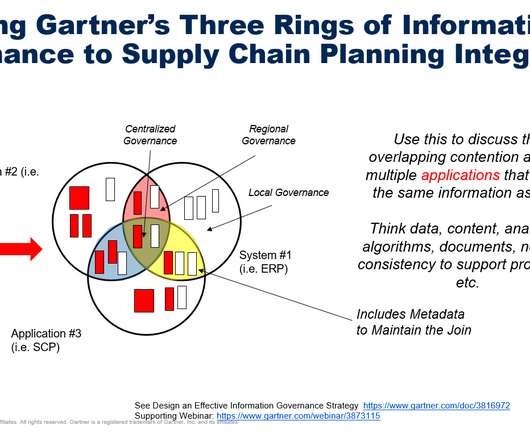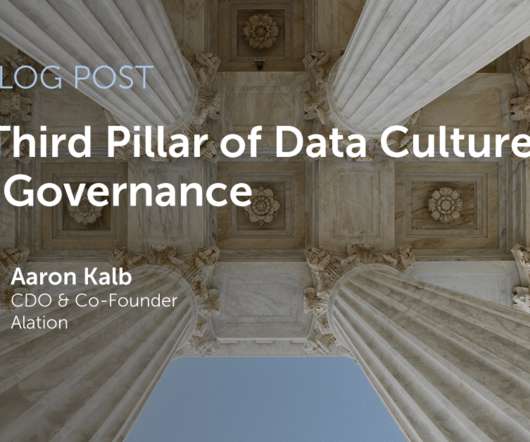Healthcare organizations must create a strong data foundation to fully benefit from generative AI
CIO Business Intelligence
JANUARY 22, 2024
Key elements of this foundation are data strategy, data governance, and data engineering. A healthcare payer or provider must establish a data strategy to define its vision, goals, and roadmap for the organization to manage its data. This is the overarching guidance that drives digital transformation.



















Let's personalize your content